Separation anxiety in pets is a real challenge, both for the animals and their owners. These feelings of distress and panic can lead to destructive behaviors, excessive vocalizations, and even physical symptoms like loss of appetite or self-harm. Understanding which pets are more prone to this anxiety can help you prepare and manage their emotional wellbeing more effectively. Here are 15 pets that are most likely to experience major separation anxiety and some insights on how to support them.
1. Dogs
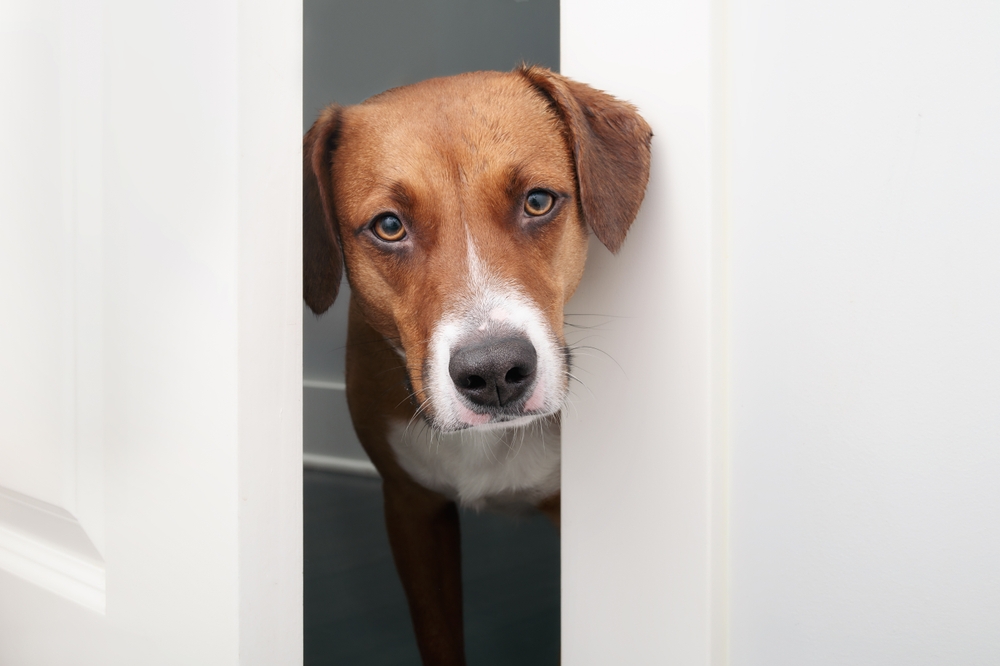
Dogs are renowned for their loyalty and social nature, which unfortunately makes them prime candidates for separation anxiety. They thrive on companionship, so being left alone can lead to destructive behaviors like chewing furniture or incessant barking. It’s not just a behavioral issue; it’s rooted in their emotional needs and attachment to their human families. To mitigate these feelings, gradual desensitization and reinforcing positive alone time can help.
A study published in the Journal of Veterinary Behavior reveals that certain breeds, such as Labrador Retrievers and Border Collies, are particularly prone to separation anxiety due to their high energy and intelligence levels (source: Journal of Veterinary Behavior). Understanding your dog’s breed-specific needs can be vital in managing their anxiety. Ensuring they have plenty of mental and physical stimulation before you leave can help reduce the symptoms. Consider puzzle toys or interactive feeders to keep them occupied and mentally engaged.
2. Cats

Cats often project an image of independence, but many are more attached to their human companions than they let on. Contrary to popular belief, cats can suffer from separation anxiety, exhibiting behaviors such as excessive grooming, vocalizing, or refusing to use the litter box. They form strong bonds with their human caregivers, and the absence of their daily presence can be distressing. Gradually accustoming your cat to your absence and providing environmental enrichments like window perches or interactive toys can alleviate anxiety.
Cats are creatures of habit; maintaining a consistent routine can help them feel more secure. Leave behind a piece of clothing that smells like you to provide comfort in your absence. Engaging in regular playtime before leaving can help expend their energy and reduce stress. If anxiety persists, consulting a veterinarian for behavior modification strategies may be necessary.
3. Parrots
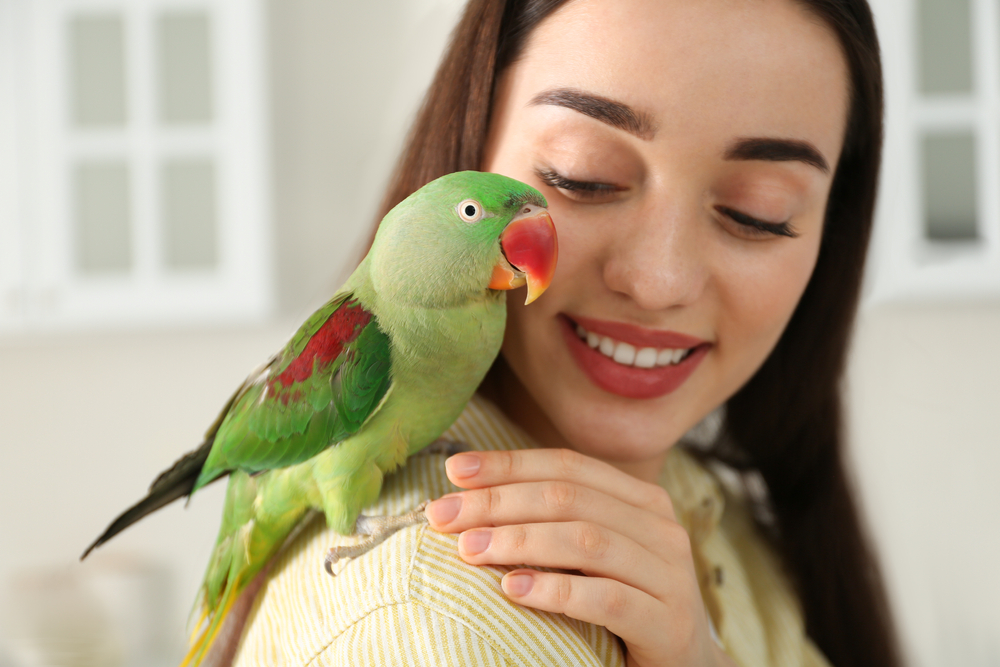
Parrots are highly social birds, often forming strong bonds with their owners, which makes them susceptible to separation anxiety. They crave interaction and can become distressed when left alone for extended periods, leading to behaviors like feather plucking or vocal distress. The complexity of their emotional needs means that regular mental and social stimulation is crucial. Incorporating a variety of toys and a consistent schedule can help mitigate their anxiety.
According to the American Federation of Aviculture, parrots, like African Greys, require a significant amount of interaction to prevent behavioral issues (source: American Federation of Aviculture). Training sessions, socialization, and environmental enrichments are key to their mental health. Using foraging toys or teaching your parrot simple tricks can provide the mental stimulation they crave. If you’re away frequently, consider having a pet sitter or a companion animal to keep them company.
4. Rabbits
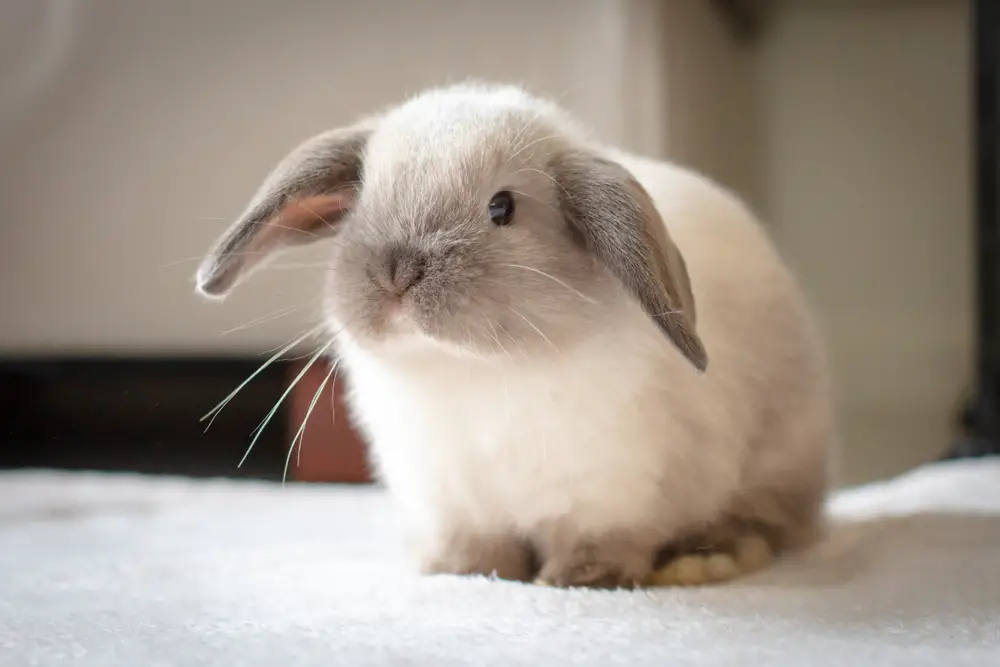
Rabbits, while often misjudged as low-maintenance pets, are social creatures that thrive on companionship. They can develop separation anxiety if left alone for long periods, showing signs like excessive chewing or changes in eating habits. Rabbits are sensitive to changes in their environment, and a consistent routine helps them feel secure. Providing a safe, comfortable space with plenty of enrichment can help ease anxiety.
Daily interaction and playtime are essential for their wellbeing. Providing tunnels, chew toys, and cardboard boxes can keep them entertained in your absence. If possible, consider getting a bonded rabbit pair to alleviate loneliness. Regular check-ups with a veterinarian can ensure your rabbit’s health and help address any behavioral issues early on.
5. Ferrets

Ferrets are inquisitive and energetic, forming strong bonds with their human families. Their playful and affectionate nature makes them vulnerable to separation anxiety when left alone for extended periods. They may display symptoms like destructive behavior or excessive vocalizations. Offering a stimulating environment with plenty of toys and interaction can help ease their distress.
The American Ferret Association emphasizes the importance of socialization and mental stimulation in preventing anxiety-related behaviors (source: American Ferret Association). Regular playtime and interaction are crucial, as is providing a variety of toys to keep them occupied. Ferrets also benefit from safe exploration outside their cage, which can help alleviate boredom and anxiety. Ensuring they have a companion, whether human or animal, can also be beneficial for their mental health.
6. Guinea Pigs
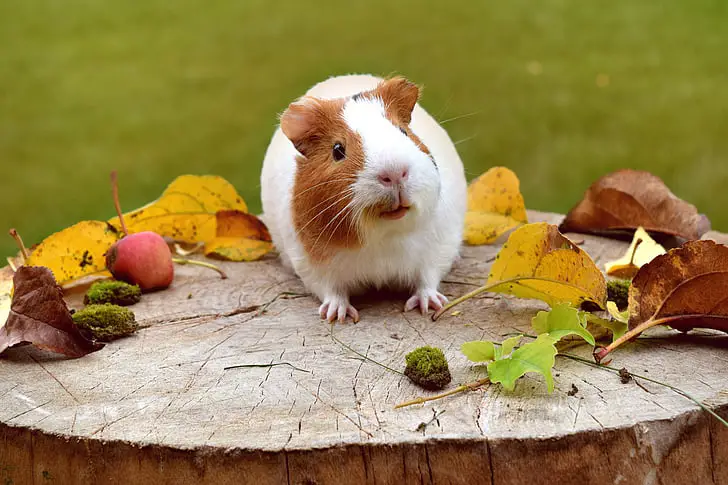
Guinea pigs are social creatures that flourish with companionship, whether from their human caregivers or fellow guinea pigs. When left alone, they can experience separation anxiety, leading to behaviors like lethargy or refusal to eat. Providing a spacious habitat with plenty of hiding spots and toys can help them feel secure. Regular interaction and handling can also reinforce their sense of safety.
A bonded pair or group of guinea pigs can provide the constant companionship they need. They thrive in environments that allow them to express their natural behaviors, such as burrowing and foraging. Offering a variety of foods and chew toys can keep them occupied and engaged. Consistent routines and gradual introductions to new experiences can help minimize anxiety.
7. Horses
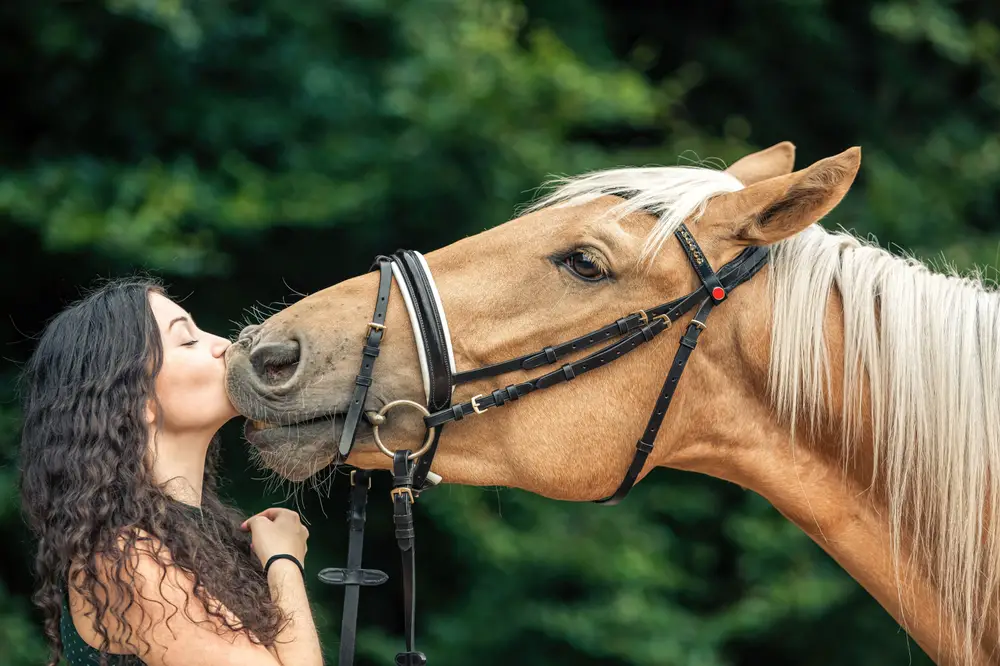
Horses are herd animals by nature, and being left alone can trigger anxiety and stress-related behaviors. They may exhibit signs such as pacing, vocalizing, or refusing food when separated from their herd or human companions. Providing consistent routines and ensuring they have a companion animal can help mitigate these feelings. Regular interaction and mental stimulation are also crucial for their wellbeing.
The University of Bristol conducted a study indicating that horses separated from their peers display increased levels of cortisol, a stress hormone (source: University of Bristol). This underscores the importance of companionship and socialization in their care. Engaging in daily grooming and exercise can strengthen your bond and alleviate anxiety. Introducing new experiences gradually and maintaining consistency in their environment can further support their emotional health.
8. Hamsters
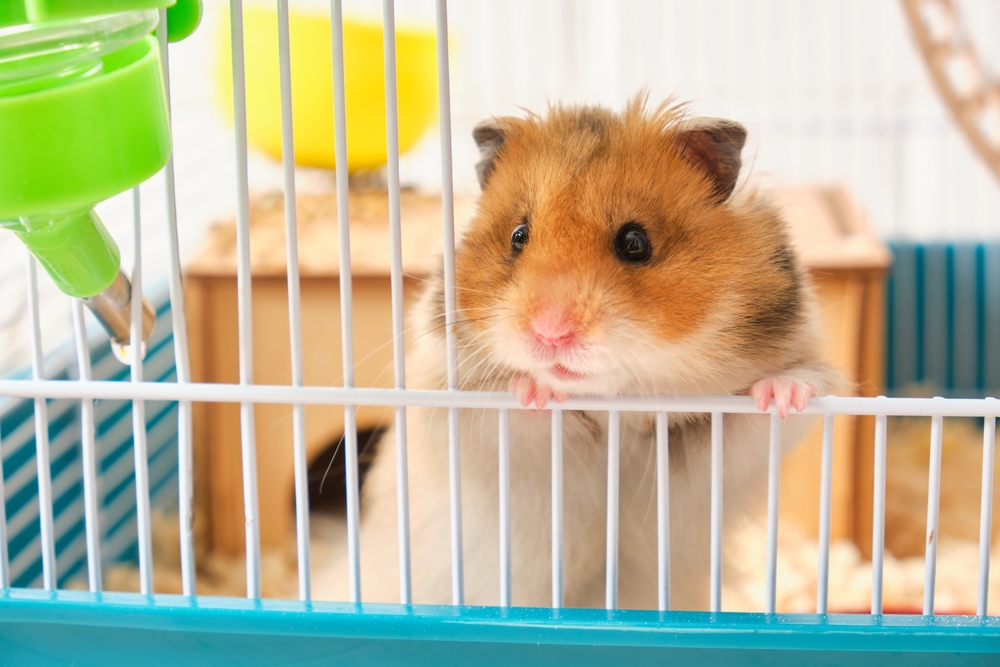
Hamsters are typically seen as solitary animals, but they can still experience anxiety when their environment changes or they lack stimulation. An absence of regular interaction or a sudden change in routine can lead to stress behaviors like pacing or refusal to eat. Providing a habitat rich in tunnels, wheels, and chew toys can help alleviate boredom and anxiety. Regular handling can also help them feel more secure and comfortable with human interaction.
Maintaining a consistent schedule and minimizing sudden changes in their environment is crucial. Offering a variety of foods and scents can keep their senses engaged and reduce stress. Creating a habitat that mimics their natural environment supports their wellbeing. While they may not require the same level of companionship as other pets, regular interaction is still beneficial.
9. Budgerigars (Budgies)
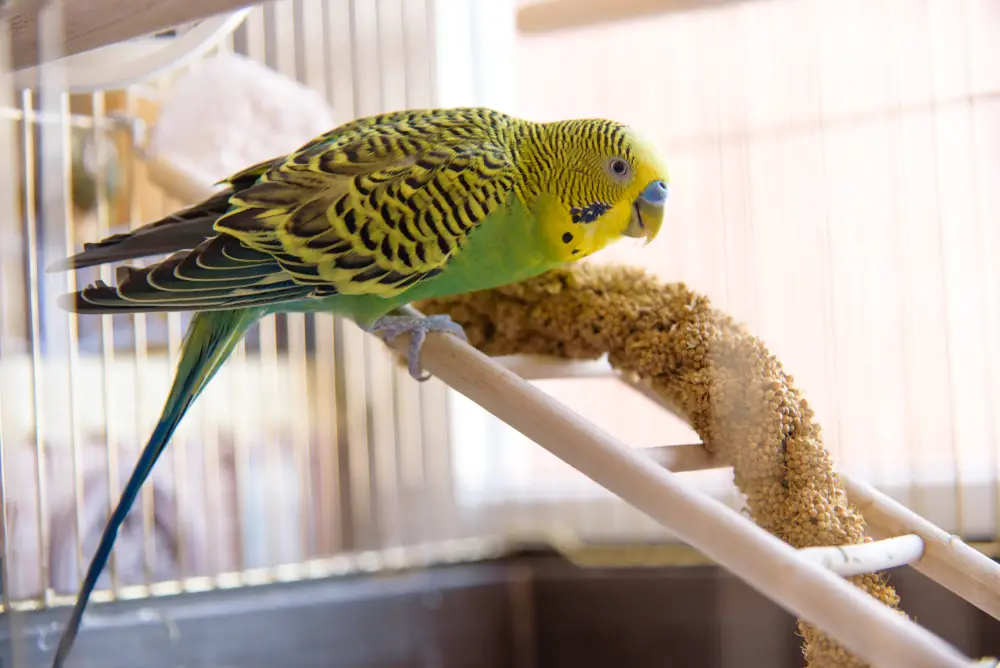
Budgerigars, or budgies, are social birds that crave interaction with their human and avian companions. When left alone for long periods, they can become anxious and exhibit behaviors like feather plucking or excessive vocalizations. Providing a stimulating environment with plenty of toys and social interaction can help ease their anxiety. Regular playtime and mental challenges, such as training sessions, can also support their emotional health.
These intelligent birds thrive on routine and variety, both in their environment and interactions. Offering a mix of toys, including foraging and puzzle toys, can keep them mentally stimulated. Budgies also benefit from auditory stimulation, such as music or recorded bird sounds. If you’re away often, consider getting a companion bird to provide the social interaction they need.
10. Turtles

Turtles are often underestimated in terms of their social and environmental needs. While they don’t form bonds like mammals or birds, changes in their environment or routine can lead to stress. Signs of anxiety in turtles include hiding excessively or refusing food. Providing a stable and enriched habitat with proper lighting, temperature, and hiding spots can help them feel secure.
Regular interaction, such as gentle handling and feeding, can reinforce their trust and reduce anxiety. Ensuring their habitat is clean and well-maintained is paramount to their health. Introducing environmental enrichments, like rocks and plants, allows them to express natural behaviors. Monitoring their behavior and health closely can help identify signs of stress early on.
11. Chinchillas
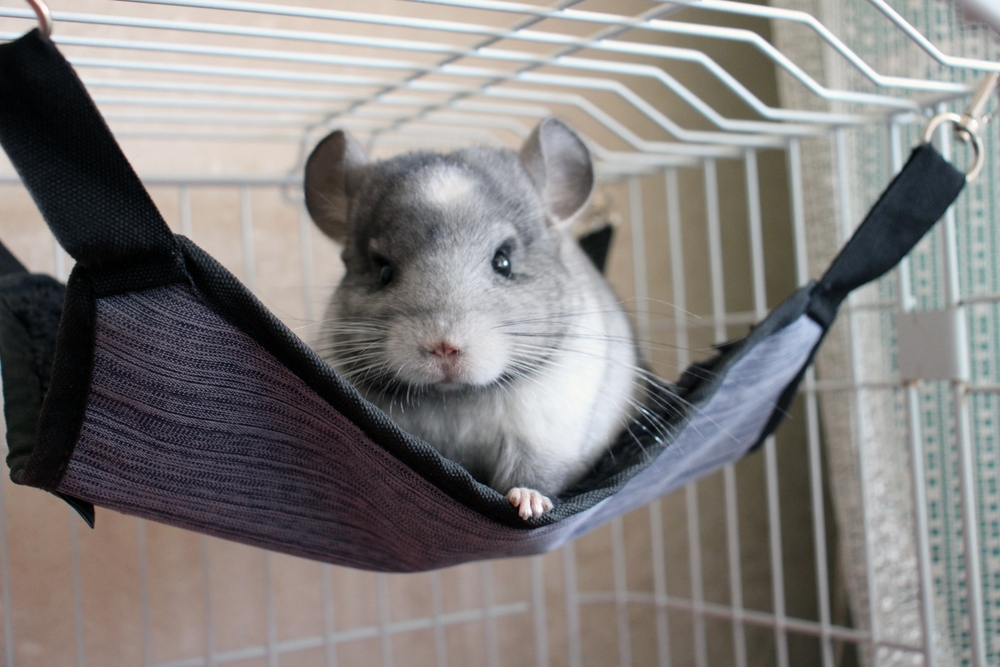
Chinchillas are social animals that thrive in pairs or groups, making them susceptible to separation anxiety when left alone. They may exhibit stress behaviors such as fur biting or refusal to eat when anxious. Providing a large, enriched habitat with plenty of toys and hiding spots can help alleviate their anxiety. Regular interaction and handling can also support their emotional wellbeing.
These sensitive animals benefit from a consistent routine and a calm environment. Offering a variety of chew toys and activities can keep them mentally stimulated. Bathing them in dust helps them maintain their coat and can be a soothing part of their routine. If anxiety persists, consulting with a veterinarian for behavior advice might be necessary.
12. Rats
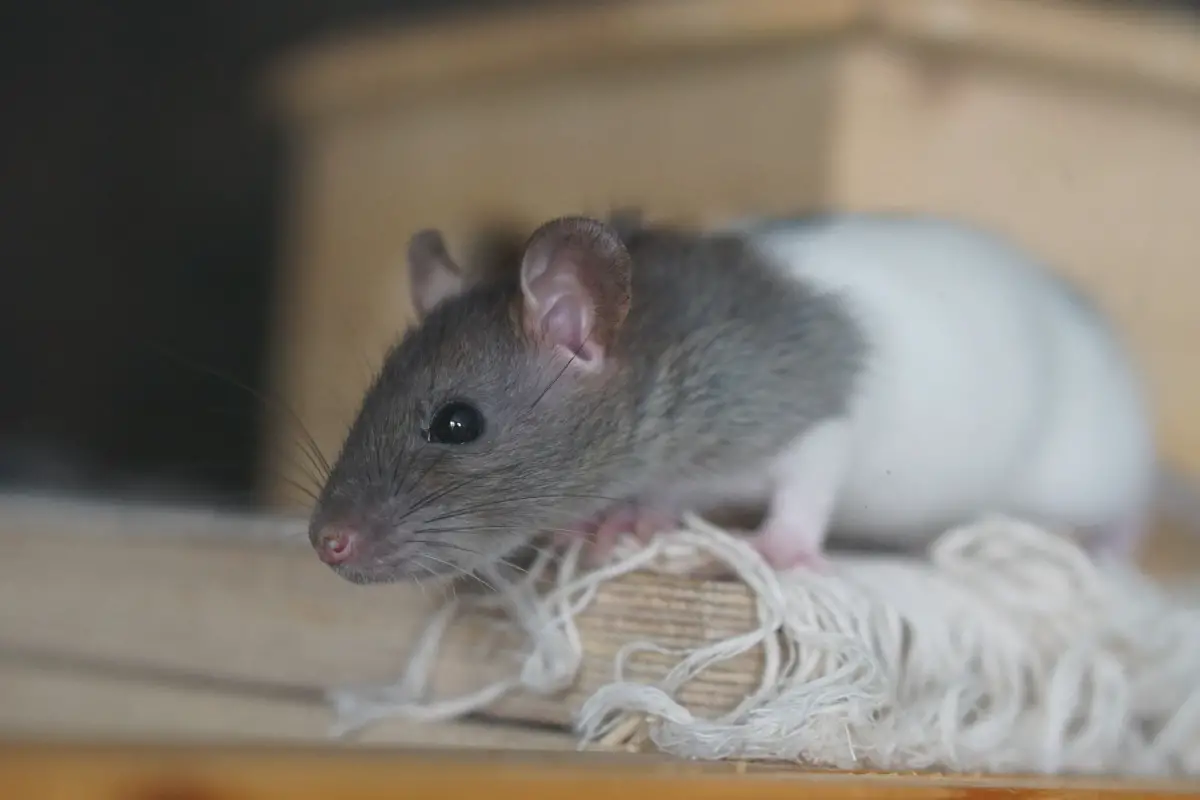
Rats are highly intelligent and social creatures, often forming strong bonds with their human caregivers and fellow rats. They can experience separation anxiety, showing signs like excessive grooming or lethargy. Providing a stimulating environment with plenty of toys and interaction can help reduce their anxiety. Regular playtime and handling are key to their emotional health.
Rats benefit from living in groups or pairs, as companionship is crucial for their wellbeing. Offering a variety of activities and toys can keep them engaged and prevent boredom. Rats enjoy exploring and problem-solving, so incorporating puzzle toys can be particularly beneficial. Consistent interaction and training sessions can further strengthen your bond and alleviate stress.
13. Gerbils
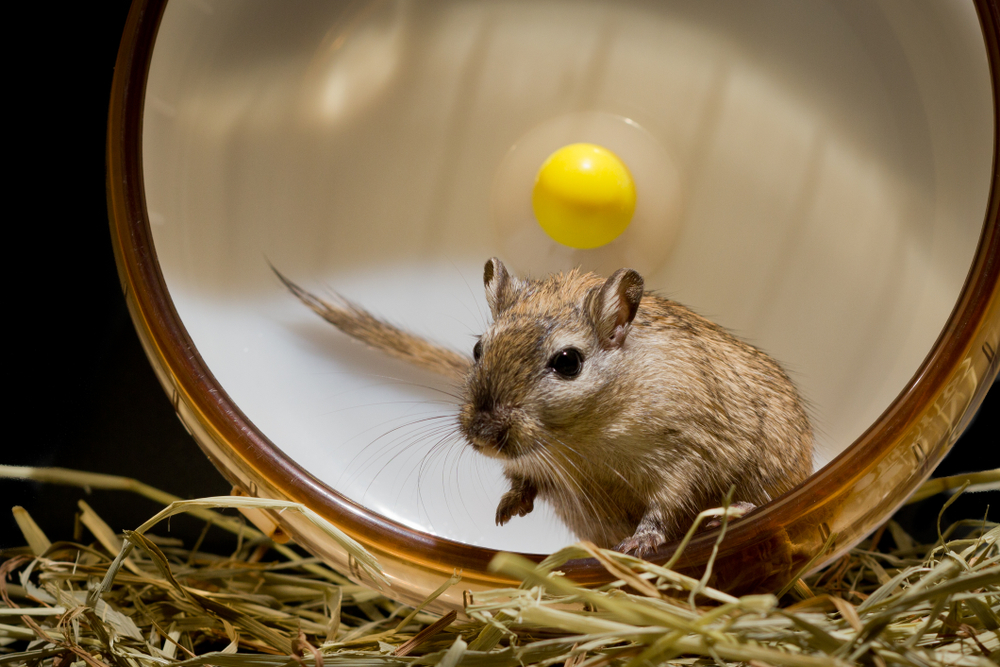
Gerbils are active and social animals that can experience anxiety if their environment lacks stimulation or if they’re left alone for extended periods. Signs of stress include excessive digging or chewing on cage bars. Providing a spacious and enriched habitat with plenty of toys and tunneling opportunities can help alleviate their anxiety. Consistent interaction and handling reinforce their sense of security.
Gerbils thrive in pairs or small groups, as they are naturally social animals. Offering a variety of bedding materials and nesting options allows them to express natural behaviors. Regular playtime and interaction are crucial for their mental health and wellbeing. Monitoring their behavior and adjusting their environment as needed can help reduce anxiety.
14. Snakes
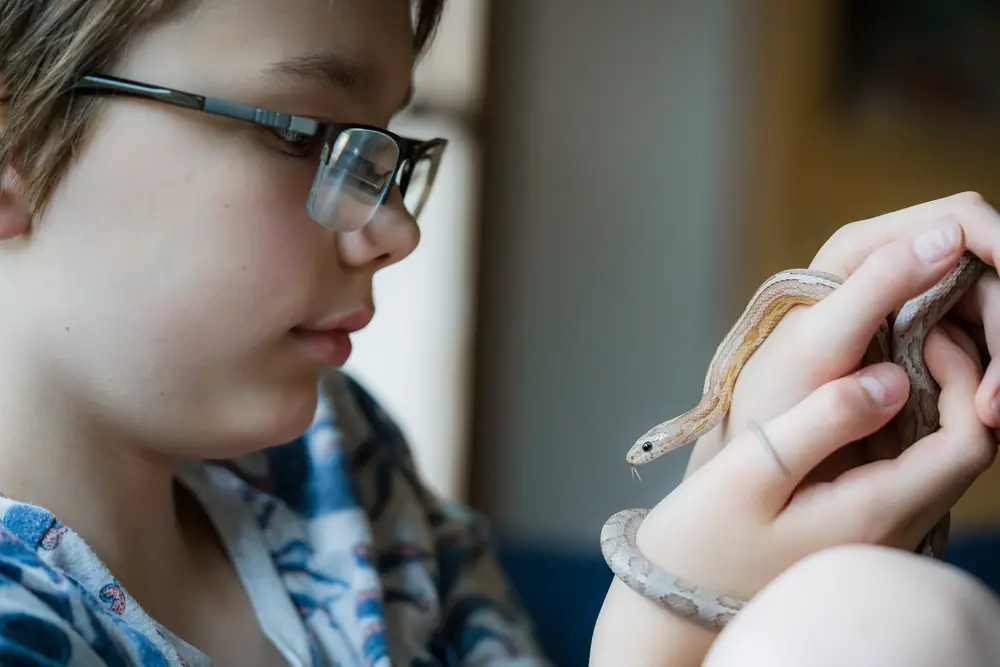
While snakes are often perceived as solitary creatures, they can still experience stress from changes in their environment or routine. Signs of anxiety in snakes include refusal to eat or excessive hiding. Providing a stable and enriched habitat with appropriate temperature and humidity levels can help them feel secure. Regular interaction, such as gentle handling, can also reinforce their trust and comfort.
Snakes benefit from a consistent feeding and handling schedule, which helps reduce stress. Offering a variety of hiding spots and environmental enrichments, like branches and plants, supports their natural behaviors. Monitoring their health and behavior closely can help identify signs of anxiety early on. Ensuring their habitat is clean and well-maintained is crucial to their overall wellbeing.
15. Hedgehogs
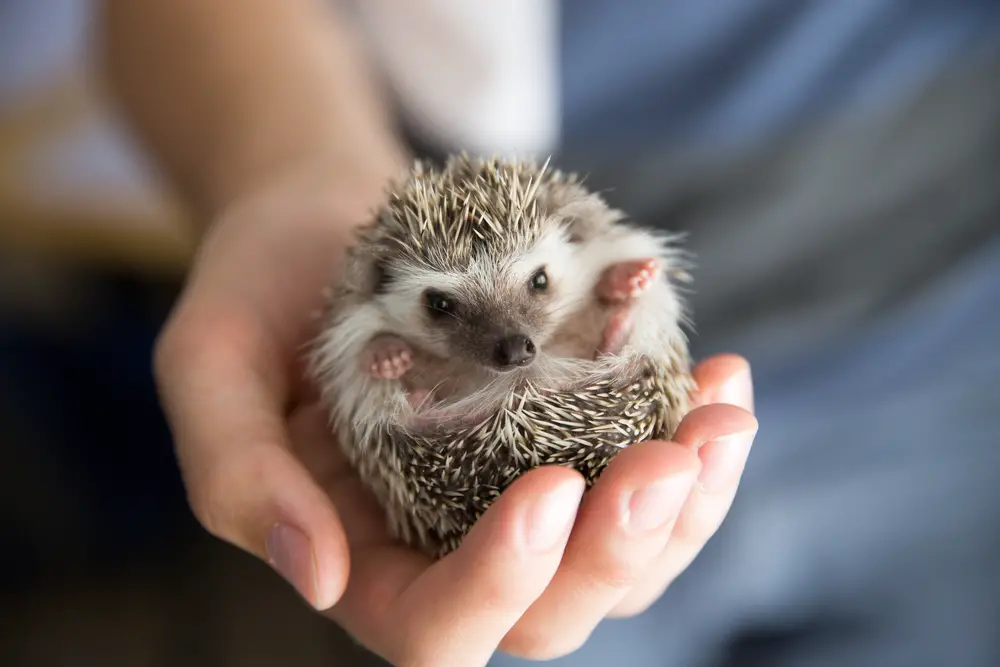
Hedgehogs are solitary by nature but can still experience stress from environmental changes or lack of stimulation. Signs of anxiety in hedgehogs include excessive hiding or refusal to eat. Providing a stable and enriched habitat with plenty of toys and hiding spots can help alleviate their anxiety. Regular interaction and handling can reinforce their sense of security and trust.
Offering a variety of toys and activities can keep them mentally stimulated and prevent boredom. Hedgehogs enjoy exploring their environment, so providing opportunities for safe exploration is beneficial. Maintaining a consistent routine and environment helps them feel more secure. If anxiety persists, consulting with a veterinarian for behavior advice may be necessary.
